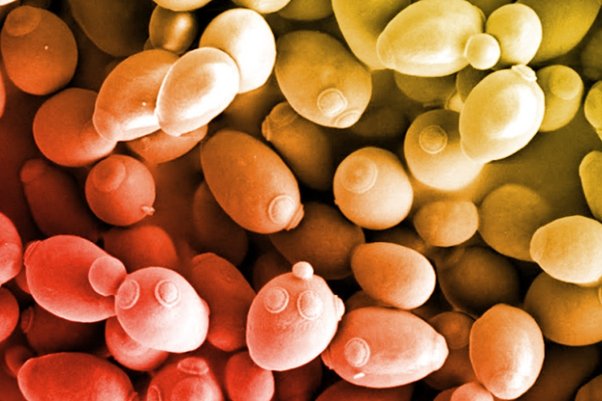
Towards the First Synthetic Yeast
Saccharomyces cerevisiae is a yeast that has been used since ancient times in producing beer, wine and bread. The most popular eukaryote -an organism with a membrane-lined nucleus and organelles- in molecular biology and cell studies, this yeast is responsible for the most common type of fermentation. It is also the first eukaryote to have its genome fully sequenced. And now, Saccharomyces cerevisiae is even more famous as it will likely become the world’s first synthetic yeast.
Scientists from the University of Nottingham and Imperial College London, leading a UK-based team, have achieved a major milestone in synthetic biology by completing the construction of a synthetic chromosome as part of the international “Sc2.0” project. This 15-year collaboration, involving teams from the UK, US, China, Singapore, France, and Australia, aims to build the world’s first synthetic yeast genome. The recently published work in Cell Genomics details the completion of one of the 16 chromosomes of Saccharomyces cerevisiae by the UK team, marking a significant step toward the overall goal, expected to be accomplished in 2024.
S. cerevisiae was chosen due to its compact genome and the organism’s ability to stitch DNA together naturally. The completed synthetic chromosome (synXI) consists of around 660,000 base pairs.
Scientists successfully replaced one of the natural chromosomes of the yeast cell with the synthetic copy, and allowed the yeast cell to grow with the same fitness level as a natural one. However, the cell now has novel features. Researchers can now manipulate gene content, generating millions of cell versions with distinct characteristics for applications in medicine, bioenergy, and biotechnology. This innovative approach resembles a form of accelerated evolution.
Additionally, the team demonstrated that the synthetic chromosome can be repurposed to study extrachromosomal circular DNAs (eccDNAs), which are involved in aging, malignant growth, and chemotherapeutic drug resistance in cancers.
The work not only establishes foundations for designing synthetic chromosomes and genomes for complex organisms, but will also help scientists to understand how genomes function. The synthetic yeast genome project opens avenues for diverse applications, ranging from greener bioproduction to advancing our understanding and combatting diseases.
REFERENCES
- 1. https://phys.org/news/2023-11-scientists-chromosome-xi-major-world.html
- 2. https://www.cell.com/cell-genomics/fulltext/S2666-979X(23)00244-6
